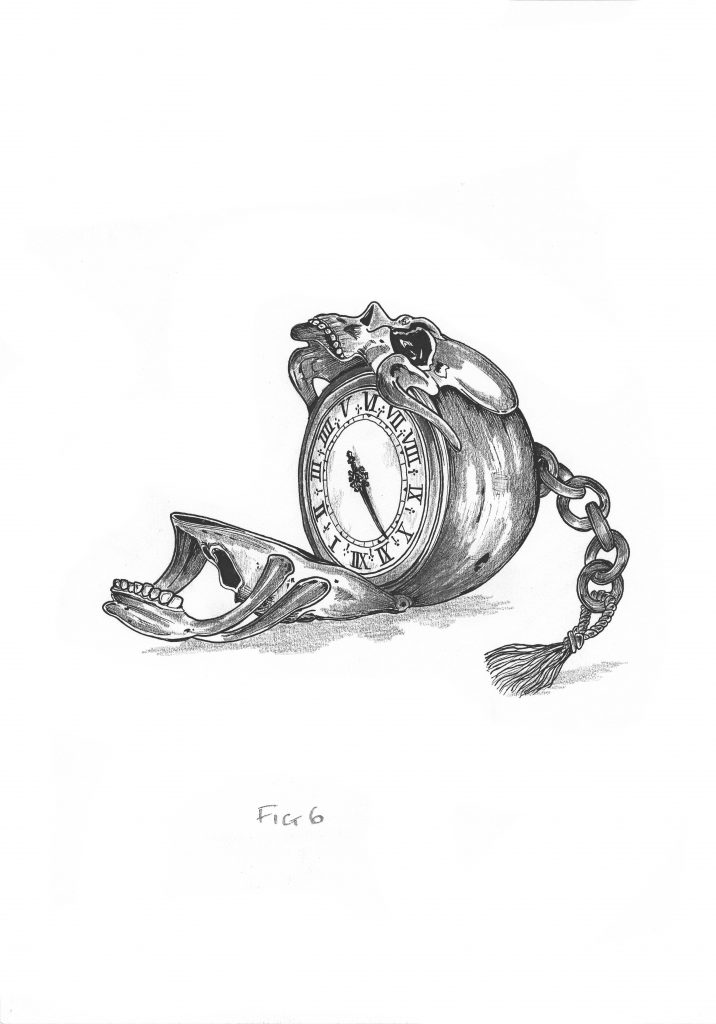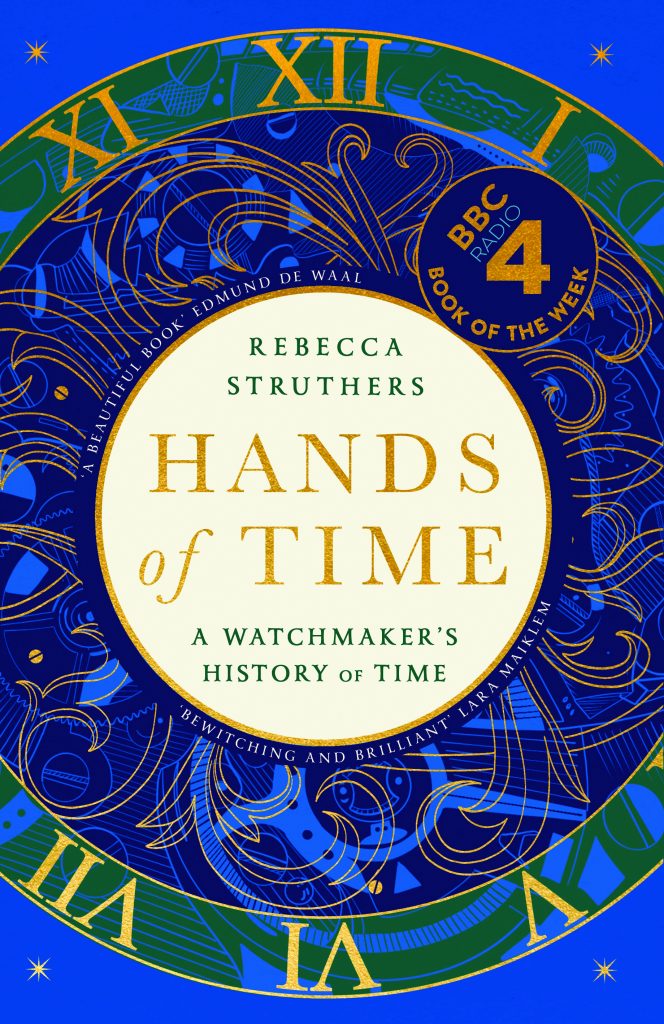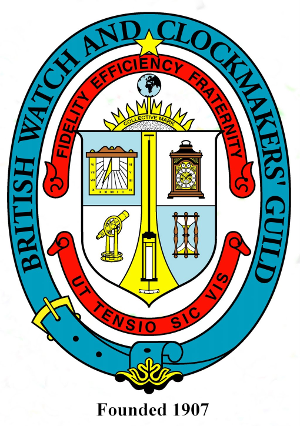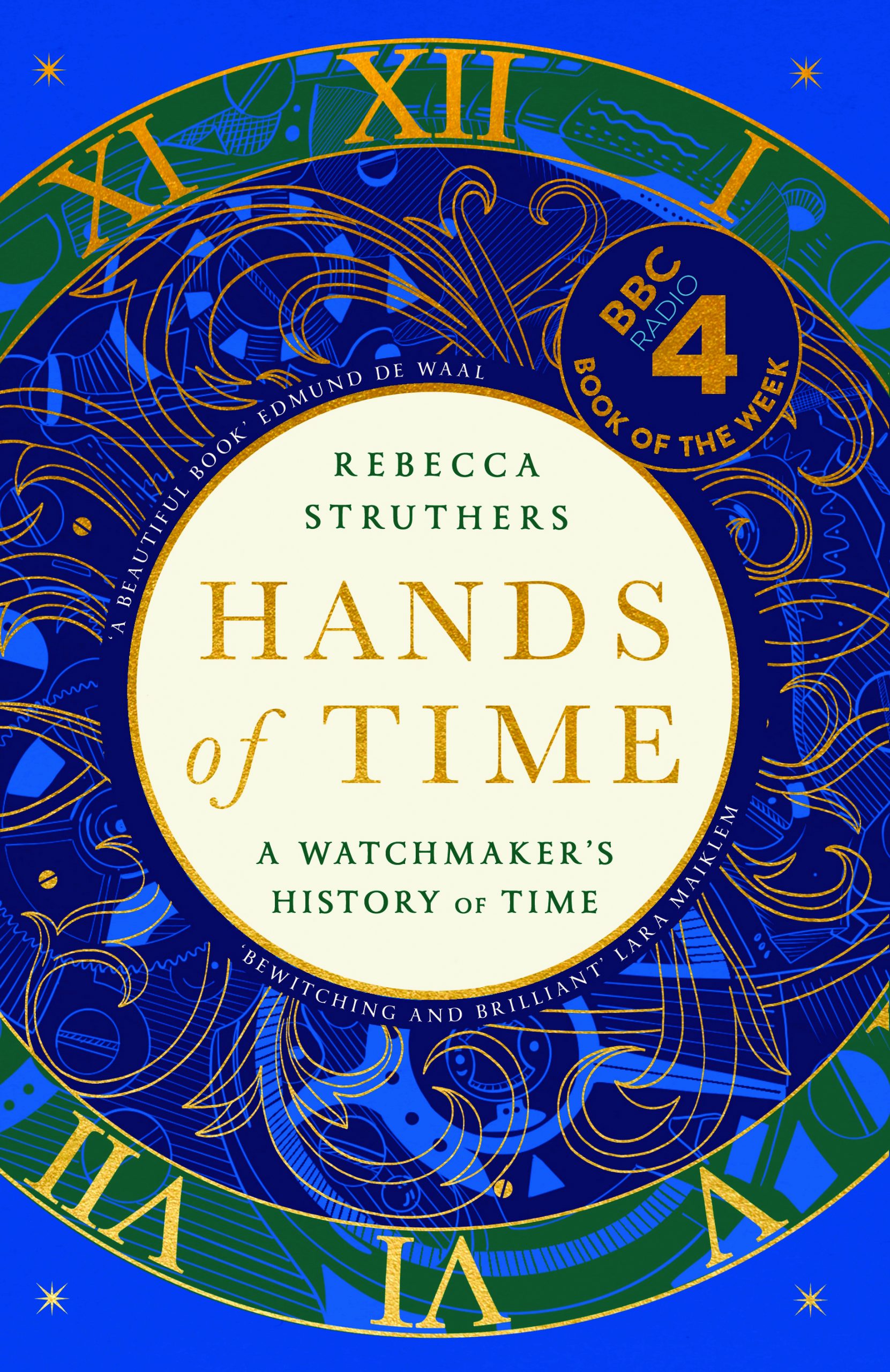Title: Hands of Time
A Watchmaker’s History of Time
Author: Rebecca Struthers
ISBN: 9781529339031
Publisher: Hodder & Stoughton
Illustrations by Craig Struthers
Photographs by Andy Pilsbury
Price: £22
Available from Amazon, Waterstones, Foyles and all good bookshops.
First and foremost, this book is an excellent read. I started three days ago, and I have only reluctantly put it down for essentials like cooking food for my family or walking the dog. It has just the right mixture of thought provoking, amusing, educational, and sometimes moving, stories. ‘Hands of Time’ takes the reader not only through the breadth of human history, but, inseparably linked, through the history of human timekeeping, from the 44 thousand year old Lebombo bone to atomic time, GPS and iPhones.
Woven into these two strands is Rebecca’s personal life and career, from her childhood to her life today, working sideby-side with her watchmaker husband, Craig. The reader gets a good glimpse of what makes her tick (pardon the pun) and how her life evolved enabling her to become who she is today.
She does not attempt to write the complete history of timekeeping, but picks the most interesting and poignant moments to tell the story of humans (and sometimes cats) and their evolving relationship with time.
There are a lot of amusing stories that most of us, even if we work in the trade, are not aware of. I, for one, did not know that in the late 18th and early 19th centuries, fake Dutch and English watches were made in Switzerland to be sold on the continent and in the UK. Certainly a story that made me smile …


Throughout the book, Rebecca looks at events in a non-judgmental way, something often missed in horological literature. (Anyone having read anything by George Daniels will agree with me on this point.) She shines a light on the importance of fakery for the development of watch technology and even democracy, a viewpoint that requires an open mind, but which is entirely reasonable. This is probably the most refreshing aspect of the book. No rash judgements are made, and reasons are sought as to why people do what they do, rather than to condemn or glorify their actions.
Another example of this is how watchmakers who had to deal with the influx of cheap quartz watches, had to spend as little as half an hour on a watch repair. It would be easy to look down on them for the shoddy work they did, but it’s much harder to think about the fact that they had to do this to survive and feed their families.
A refreshing amount of female protagonists from Marie Antoinette to Mercedes Gleitze, make it into a book that I can appreciate as a father of three daughters. Women are often overlooked, and it’s nice to see them given their due, without it appearing in any way laboured.
Rebecca shows that she is not only one of the UK’s most eminent watchmakers, but also a free thinker with excellent mastery of the English language – that’s what makes her book such a good read!
Christian Dannemann

